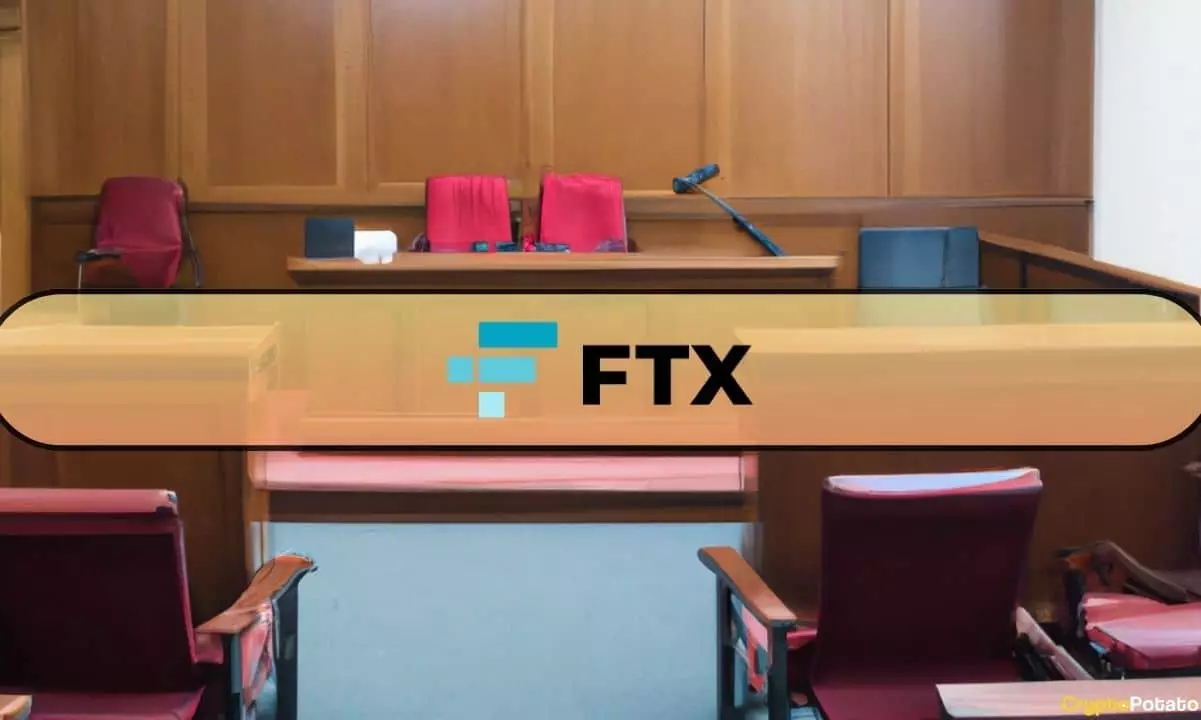FTX, once a titan in the cryptocurrency industry, now reveals its true priorities: legality and self-preservation at the expense of thousands of vulnerable users. Its latest court filing suggests that billions in creditor claims—primarily from individuals in countries like China, Russia, and Afghanistan—may be permanently forfeited based on jurisdictional legality rather than moral obligation. This approach exposes a troubling disconnect between the ideals of decentralization and the harsh realities of global regulatory environments. The plan to label certain countries as “Potentially Restricted Jurisdictions” is not just a legal technicality; it’s a stark admission that millions of users may never see their rightful funds, a betrayal of the trust they placed in the platform.
Far from being a neutral legal maneuver, this scheme strips away the moral responsibility to those who relied on FTX during its operational days. The decision to treat claims from these jurisdictions as “disputed” and the prospect of forfeiture based solely on residence is a blatant reflection of how big corporations and legal systems prioritize compliance over fairness. For users already suffering from the collapse, this move feels like a calculated blow—an abandonment cloaked in legal jargon. It raises fundamental questions about the ethics of managing losses where regulatory black holes exist; are they simply excuses for theft in the guise of legal compliance?
The Disproportionate Impact on Chinese and Other Vulnerable Users
Among the most alarming aspects of this proposal is its potential to disproportionately harm Chinese users, who are said to represent 82% of affected claims. This statistic isn’t just a number; it symbolizes a vast community of ordinary individuals who, in many cases, used cryptocurrencies as an alternative financial tool, often in countries where traditional banking options were limited or heavily restricted. Now, they face the horrifying prospect of losing their assets—not because they violated any laws openly but because their national jurisdiction complicates the legal landscape for FTX.
Critics argue that labeling Chinese users and others as “victims of jurisdictional restrictions” is a convenient scapegoat. These individuals were allowed to invest, held assets in USD, and navigated an environment where holding cryptocurrencies was legally permissible in principle. Their assets have intrinsic value, and their claims are legitimate—yet FTX’s new stance effectively strips their rights, echoing a broader pattern of neglect and opportunism cloaked in legal language. This approach underscores a troubling reality: when powerful corporations choose compliance over justice, it’s the most vulnerable that ultimately suffer—those who lack the resources or influence to fight back.
Legal Twisting and Ethical Abyss
FTX’s effort to interpret “legal compliance” as justification for denying claims hinges on complex, often vague, legal opinions from various jurisdictions. They argue that unless they can secure explicit legal approval to process payouts, they will withhold funds. This legalistic reasoning, however, simply sidesteps the core issue: whether it’s morally right to deny individuals their hard-earned money on the basis of jurisdictional technicalities.
The process offers a slim window—45 days—for claimants to object, but is this enough for users to mount meaningful legal challenges, especially in countries where access to justice may be limited? While the immediate effect is clear, the broader implication is that corporate interests and legal defenses are gaining precedence over individual rights. This disconnect is especially egregious given that many of these claims are backed by individuals who, through no fault of their own, find themselves caught in the crosshairs of a system that values compliance over compassion.
A Center-Right Perspective on Crypto and Justice
From a pragmatic, center-right wing liberal perspective, the FTX case underscores the urgent need for regulatory frameworks that respect both the rule of law and individual rights. While I acknowledge the importance of adhering to local laws—especially in industries as nascent and volatile as crypto—the core issue is the protection of consumers and creditors, regardless of jurisdiction. Proper regulation shouldn’t be a tool for corporations to dodge their moral obligations. Instead, it should foster transparency, fairness, and accountability.
FTX’s proposed strategy illustrates the danger of over-reliance on legal technicalities to absolve oneself of responsibility. In a future where crypto companies operate across borders, they must balance legal compliance with ethical considerations. Laws should serve as guardrails, not as tools for vanishing liabilities. Ultimately, justice in the crypto space requires a middle ground—where innovation is encouraged without sacrificing fairness and where the vulnerable are shielded from exploitation by corporate bureaucracy. Until then, the collapse of FTX serves as a cautionary tale about the perils of unfettered greed wrapped in legal justifications.


Leave a Reply